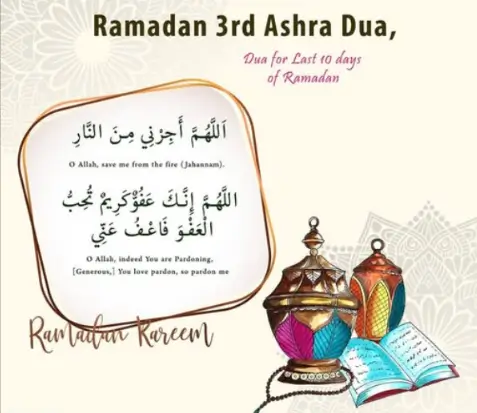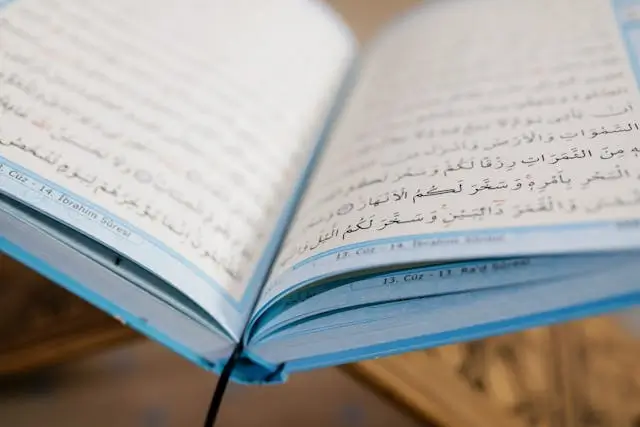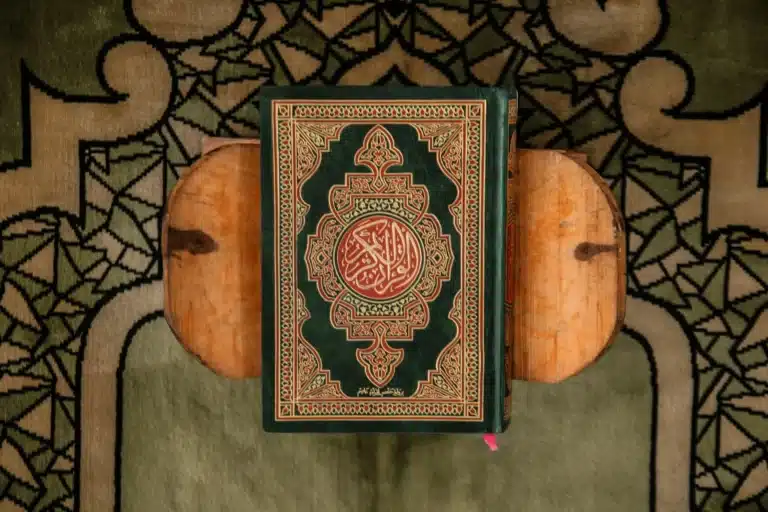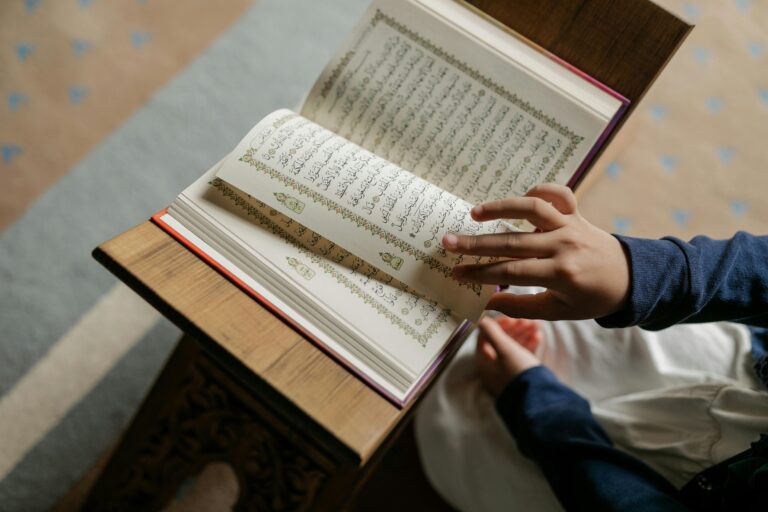Dua for Health in Islam: Powerful Supplications for Healing and Well-Being
Health (ʿāfiyah) is among the greatest blessings that Allah ﷻ has granted to humankind. Every heartbeat, breath, and moment of strength is a reminder of His mercy. The Prophet Muhammad ﷺ said:
“There are two blessings which many people lose: (They are) health and free time for doing good.”
— (Sahih al-Bukhari 6412)
Islam teaches us to value our health by maintaining it, showing gratitude, and seeking Allah’s protection from harm and illness. One of the most powerful ways to safeguard our health and seek healing is through dua — heartfelt supplication.
This article explores authentic duas for health and healing from the Qur’an and Sunnah, along with their meanings and when to recite them.
The Islamic View of Health and Well-Being (Al-‘Āfiyah)
In Islam, health is not just the absence of disease — it’s a state of balance between the body, mind, and soul. The Arabic term al-‘āfiyah means complete well-being: protection from illness, hardship, and harm in both this world and the next.
The Prophet ﷺ once said to his uncle Al-‘Abbas رضي الله عنه:
“Ask Allah for al-‘āfiyah (well-being), for no one has been given anything better than al-‘āfiyah.”
— (Tirmidhi 3557)
By making dua for al-‘āfiyah, a believer seeks Allah’s protection, strength, and peace in every aspect of life.
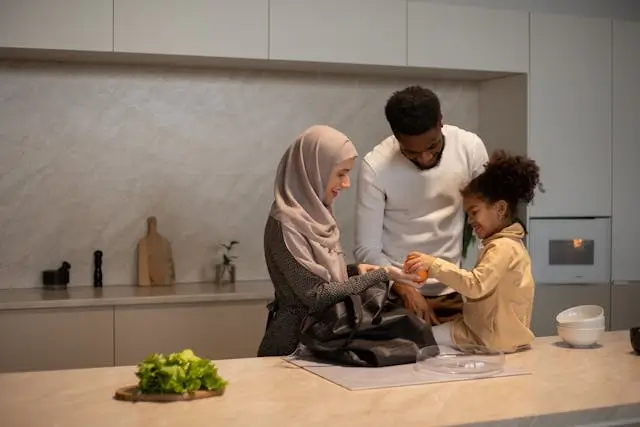
1. Dua for General Good Health
One of the most comprehensive duas taught by the Prophet ﷺ covers all aspects of physical and spiritual health.
Arabic:
اللَّهُمَّ عَافِنِي فِي بَدَنِي، اللَّهُمَّ عَافِنِي فِي سَمْعِي، اللَّهُمَّ عَافِنِي فِي بَصَرِي، لَا إِلٰهَ إِلَّا أَنْتَ
Transliteration:
Allahumma ‘āfini fī badani, Allahumma ‘āfini fī sam‘i, Allahumma ‘āfini fī basari, lā ilāha illā anta.
Translation:
“O Allah, grant health to my body, O Allah, grant health to my hearing, O Allah, grant health to my sight. There is no deity except You.”
This dua should be recited every morning and evening. It reflects complete gratitude to Allah for our body and senses, reminding us to protect and use them in ways that please Him.
2. Dua for Healing from Illness
Whenever someone fell ill, the Prophet ﷺ would make this beautiful supplication for them.
Arabic:
اللَّهُمَّ رَبَّ النَّاسِ، أَذْهِبِ الْبَأْسَ، اشْفِ أَنْتَ الشَّافِي، لَا شِفَاءَ إِلَّا شِفَاؤُكَ، شِفَاءً لَا يُغَادِرُ سَقَمًا
Transliteration:
Allahumma Rabban-nās, adhhib al-ba’sa, ishfi anta ash-Shāfī, lā shifā’a illā shifā’uka, shifā’an lā yughadiru saqaman.
Translation:
“O Allah, Lord of mankind, remove the illness and cure [him/her], for You are the Healer. There is no cure except Your cure, a cure that leaves no illness behind.”
This dua acknowledges that true healing comes only from Allah, who is Ash-Shāfī (The Healer). Whether the illness is physical or emotional, this dua is a powerful source of comfort and faith.
3. Dua for Protection from Disease and Harm
In uncertain times, especially during outbreaks or when facing daily dangers, this dua offers powerful protection.
Arabic:
بِسْمِ اللَّهِ الَّذِي لَا يَضُرُّ مَعَ اسْمِهِ شَيْءٌ فِي الْأَرْضِ وَلَا فِي السَّمَاءِ وَهُوَ السَّمِيعُ الْعَلِيمُ
Transliteration:
Bismillāh alladhī lā yadurru ma‘a ismihi shay’un fī al-arḍi wa lā fī as-samā’ wa huwa as-Samī‘u al-‘Alīm.
Translation:
“In the name of Allah, with whose name nothing on earth or in the heavens can cause harm, and He is the All-Hearing, All-Knowing.”
The Prophet ﷺ said whoever recites this three times in the morning and evening will be protected from harm for that day. (Abu Dawood 5088)
4. Dua for Mental and Emotional Health
Mental well-being is just as important as physical health. Islam encourages believers to seek Allah’s help in overcoming anxiety, stress, and sadness.
Arabic:
اللَّهُمَّ إِنِّي أَعُوذُ بِكَ مِنَ الْهَمِّ وَالْحَزَنِ، وَأَعُوذُ بِكَ مِنَ الْعَجْزِ وَالْكَسَلِ
Transliteration:
Allahumma innī a‘ūdhu bika minal-hammi wal-ḥazan, wa a‘ūdhu bika minal-‘ajzi wal-kasal.
Translation:
“O Allah, I seek refuge in You from worry and grief, and I seek refuge in You from incapacity and laziness.”
Reciting this dua regularly helps strengthen emotional resilience and remind us that relief always comes from Allah.
5. Dua for Family and Children’s Health
The health of one’s family is a continuous concern for every Muslim. This dua from the Qur’an reflects love, protection, and guidance.
Arabic:
رَبَّنَا هَبْ لَنَا مِنْ أَزْوَاجِنَا وَذُرِّيَّاتِنَا قُرَّةَ أَعْيُنٍ وَاجْعَلْنَا لِلْمُتَّقِينَ إِمَامًا
Transliteration:
Rabbana hab lana min azwājinā wa dhurriyyātinā qurrata a‘yunin waj‘alnā lil-muttaqīna imāmā.
Translation:
“Our Lord, grant us from among our wives and offspring comfort to our eyes and make us an example for the righteous.”
— (Surah Al-Furqan, 25:74)
Parents can recite this daily for their family’s health, happiness, and guidance.
6. Dua of Prophet Ayyub (Job) عليه السلام
Prophet Ayyub (AS) is a timeless example of patience during sickness. When faced with years of illness and hardship, he turned only to Allah:
Arabic:
رَبِّ إِنِّي مَسَّنِيَ الضُّرُّ وَأَنْتَ أَرْحَمُ الرَّاحِمِينَ
Transliteration:
Rabbi innī massaniyaḍ-ḍurru wa anta arḥamur-rāḥimīn.
Translation:
“My Lord, indeed adversity has touched me, and You are the Most Merciful of the merciful.”
— (Surah Al-Anbiya, 21:83)
This dua is a beautiful reminder of sabr (patience) and trust in Allah’s mercy, even during the most difficult illnesses.
7. Etiquette of Making Dua for Health
To make your duas more effective and spiritually fulfilling, remember these etiquettes:
- Begin with praise and salawat: Start by glorifying Allah and sending blessings upon the Prophet ﷺ.
- Be sincere (ikhlas): Ask with a heart full of faith and humility.
- Raise your hands and face the Qiblah.
- Be consistent: Repeat your dua daily, especially after prayers, in sujood, and during the last third of the night.
- Combine dua with gratitude: Thank Allah for existing blessings even before asking for new ones.
- Avoid haste: The Prophet ﷺ said Allah answers every dua in one of three ways — granting it, delaying it for a better time, or replacing it with something greater.
8. Balancing Dua with Medical Treatment
Islam teaches a beautiful balance between spiritual and physical healing. The Prophet ﷺ said:
“Seek treatment, for Allah has not made a disease except that He has also made a cure for it.”
— (Abu Dawood 3855)
While making dua, we must also use the means Allah has provided — medicine, rest, and care. Tawakkul (trust in Allah) means doing our part while believing that healing ultimately comes only from Him.
Examples from the Sunnah include honey, black seed, hijama (cupping), and a balanced diet — all part of a holistic Islamic lifestyle.
9. Morning and Evening Duas for Protection and Health
Make dua part of your daily routine for ongoing protection and blessings. Some short but powerful duas include:
a. Dua for Safety and Protection
اللَّهُمَّ إِنِّي أَعُوذُ بِكَ مِنَ الْبَرَصِ، وَالْجُنُونِ، وَالْجُذَامِ، وَمِنْ سَيِّئِ الأَسْقَامِ
Allahumma innī a‘ūdhu bika minal-baraṣi wal-junūni wal-judhāmi wa min sayyi’il-asqām.
“O Allah, I seek refuge in You from leprosy, madness, leprosy, and from evil diseases.” (Abu Dawood 1554)
b. Dua for Daily Protection
Bismillāh alladhī lā yadurru ma‘a ismihi shay’un… (mentioned above) — repeat thrice in the morning and evening.
These regular adhkar strengthen both spiritual immunity and mental peace.
If you want to learn powerful duas for protection from the evil eye, read our full guide here.
Health as an Amanah (Trust) from Allah
Our bodies are a trust from Allah. Maintaining health is an act of worship — through cleanliness, moderation, and gratitude.
Eat halal, avoid excess, and follow the Sunnah of balance.
The Prophet ﷺ said:
“The strong believer is better and more beloved to Allah than the weak believer, though both have goodness.”
— (Sahih Muslim 2664)
Therefore, caring for your body, resting properly, and seeking wellness are part of your spiritual duties.
Common Misconceptions About Dua and Healing
- “I only need dua, not treatment.”
→ Islam teaches us to combine both spiritual and physical means. - “If I’m not cured, my dua wasn’t accepted.”
→ Allah may delay or replace your dua with something better. - Using charms or amulets:
→ Seek protection only through authentic Qur’anic supplications, not innovations (bid‘ah).
Gratitude After Recovery
When Allah blesses you with recovery, thank Him sincerely.
“And when I am ill, it is He who cures me.” — (Surah Ash-Shu‘ara, 26:80)
Show gratitude through prayer, charity, and helping those in need. Remember — every moment of health is a reason to say Alhamdulillah.
Do you wish to recite these beautiful duas correctly? Join our Quran Tajweed classes and perfect your recitation with expert teachers.
Conclusion
Health is a trust, illness is a test, and dua is the believer’s weapon. When we call upon Allah with sincerity, He responds in the best way.
In every hardship, remember the words of Prophet Ayyub (AS) and keep faith that Allah’s mercy is near. Make dua a daily part of your life — for yourself, your family, and the entire Ummah.
May Allah bless us all with ʿāfiyah (well-being), protect us from illness, and grant healing to the sick — Ameen.
FAQs: Dua for Health in Islam
What is the best dua for good health?
“Allahumma ‘āfini fī badani…” — a daily dua for protection of body, hearing, and sight.
Can I make dua for someone else’s health?
Yes, dua made for others is accepted and brings angels’ blessings upon you.
Is it allowed to seek medical treatment in Islam?
Absolutely. Islam encourages combining dua with medical care and trust in Allah.
How can I thank Allah for good health?
By saying Alhamdulillah, performing good deeds, and caring for your body as a trust from Allah.


